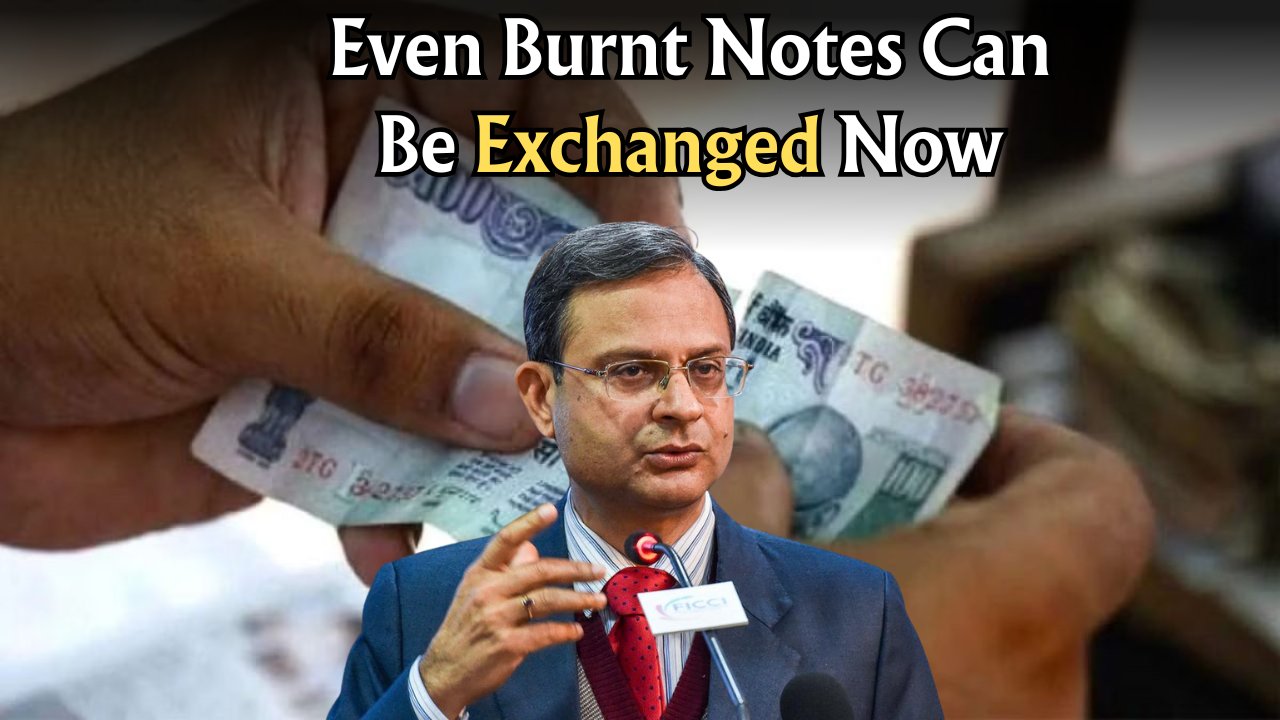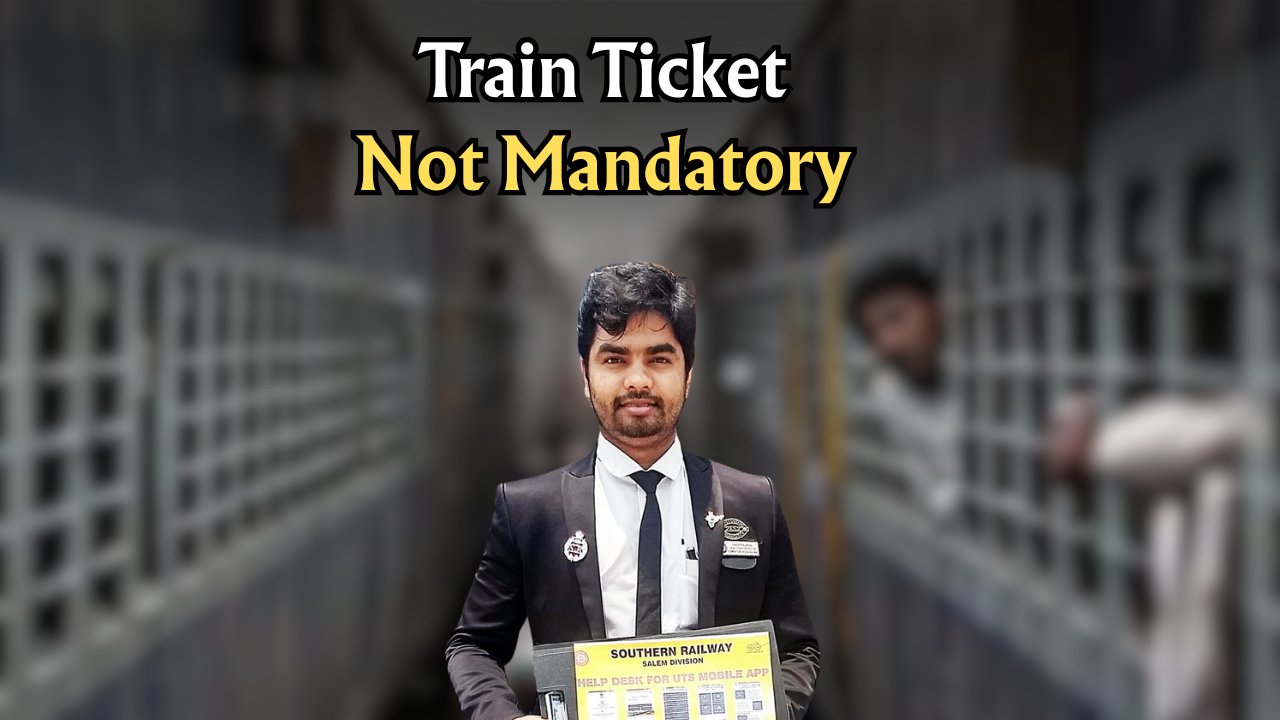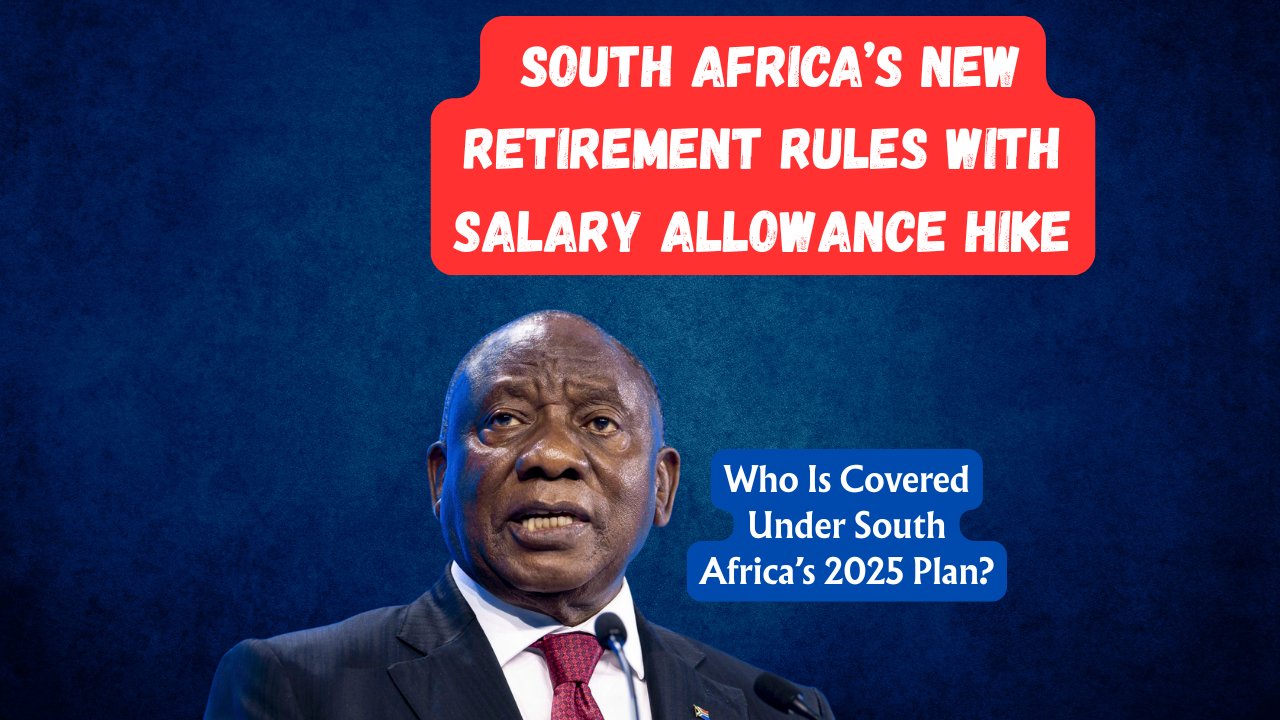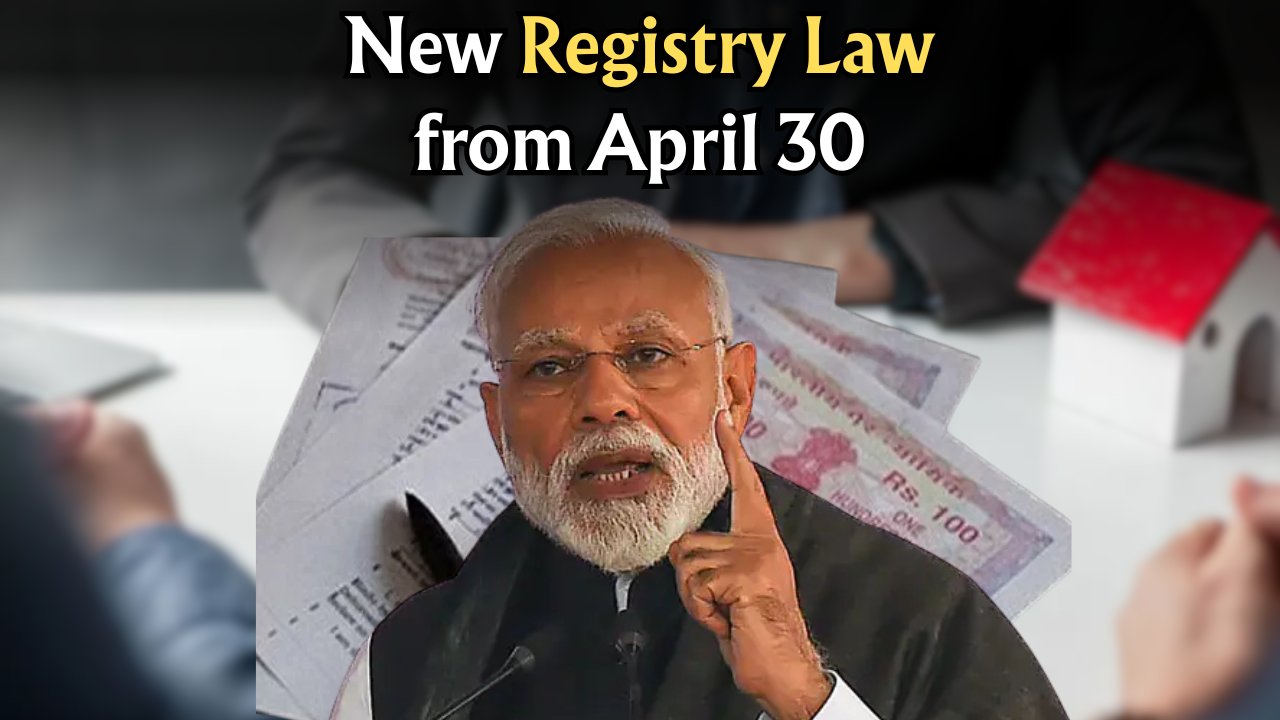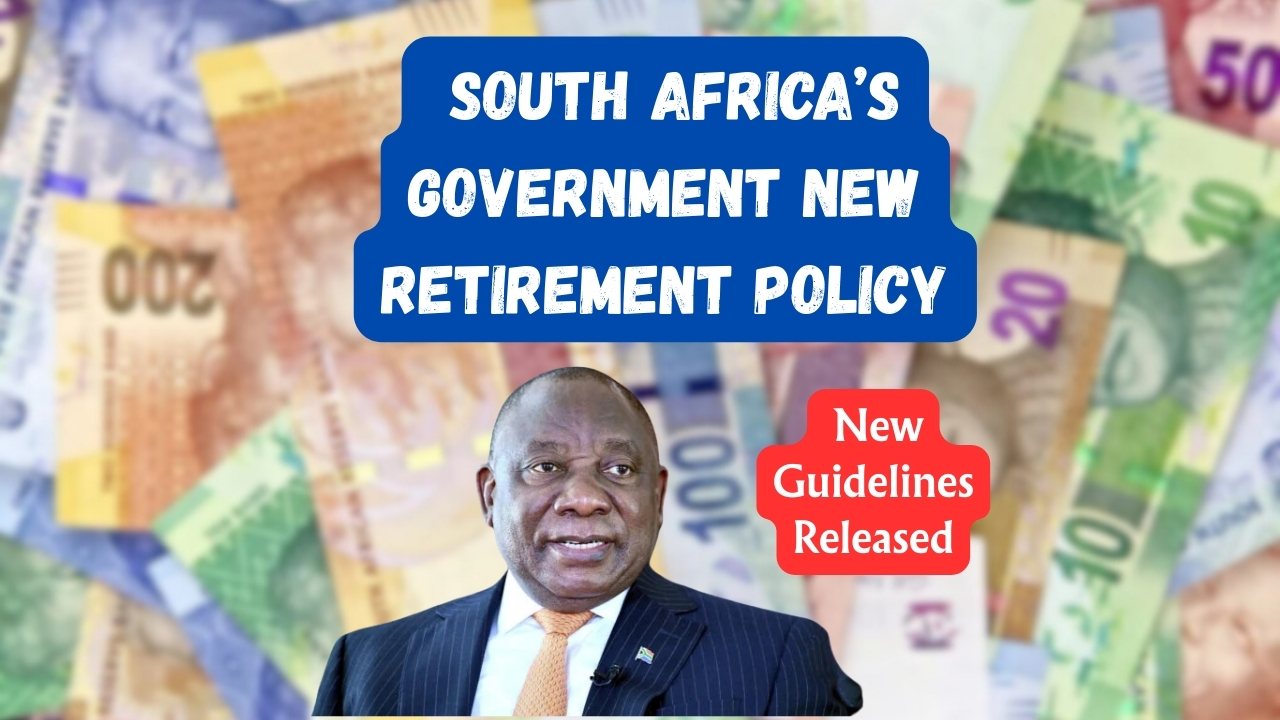RBI Rules : In a relief to citizens who accidentally damage or burn currency notes, the Reserve Bank of India (RBI) has laid out clear rules allowing the exchange of mutilated, burnt, or soiled notes. Many people are unaware that even partially destroyed or charred notes can be submitted to banks for replacement. With the right knowledge of RBI’s Note Refund Rules, you could recover the value of seemingly useless currency.
RBI Rules : What Are Burnt or Mutilated Notes?
The RBI categorizes damaged currency into various types. Knowing these categories is essential to understand what can be exchanged and how much value can be recovered.
- Soiled Notes: Notes that are dirty or slightly torn due to wear and tear.
- Mutilated Notes: Notes that are torn, disfigured, or have missing parts.
- Burnt Notes: Notes charred or affected due to fire, water, or chemical exposure.
Banks do not accept charred notes directly over the counter, but they can be submitted through special procedures.
RBI’s Rules for Exchanging Damaged Notes
The exchange of damaged currency is governed by the RBI’s “Note Refund Rules,” which outline how much of the note must remain for a refund and which denominations are eligible.
Key highlights include:
- Notes are accepted at any branch of a commercial bank.
- Refunds are processed based on the area of the note that remains.
- Notes should not be deliberately mutilated or tampered with.
- Burnt or heavily damaged notes are referred to the RBI Issue Offices for evaluation.
How Much Value You Can Get Back: RBI’s Refund Table
The amount refunded depends on how much of the original note is submitted. Here’s a simplified breakdown of the RBI’s assessment criteria for refund:
| Denomination | Minimum Area (cm²) for Full Value | Minimum Area (cm²) for Half Value | Eligible for Refund |
|---|---|---|---|
| ₹10 | 63 | 32 | Yes |
| ₹20 | 63 | 32 | Yes |
| ₹50 | 78 | 39 | Yes |
| ₹100 | 90 | 45 | Yes |
| ₹200 | 96 | 48 | Yes |
| ₹500 | 108 | 54 | Yes |
| ₹2000 | 117 | 58 | Yes |
Note: If less than half of the note is submitted, no refund is given.
Where to Exchange Damaged or Burnt Currency
RBI has made the process citizen-friendly by allowing note exchange at the following places:
- Any Branch of a Commercial Bank: Soiled and mutilated notes of smaller denominations can be exchanged easily.
- Designated RBI Issue Offices: For burnt, extremely damaged, or high-value notes.
- Currency Chest Branches: Select bank branches authorized by RBI for note refund processing.
You can also request a refund form, fill it with required details, and submit the damaged currency.
See more : House Tax Surprise
Dos and Don’ts for Exchanging Damaged Notes
Make sure to follow these best practices when dealing with damaged currency:
Dos:
- Preserve the note in a plastic bag or envelope if burnt.
- Visit a nearby RBI Issue Office for badly damaged notes.
- Carry valid ID proof if required by the bank.
- Submit the note with a clear refund request.
Don’ts:
- Do not try to tape or glue pieces together.
- Avoid writing on damaged notes.
- Don’t try to misrepresent the value by attaching parts from other notes.
- Don’t assume burnt notes are worthless—check RBI guidelines first.
Common Myths Busted
There are many misconceptions about damaged currency. Here are some facts:
| Myth | Reality |
|---|---|
| Burnt notes are not refundable | RBI allows refunds based on remaining area |
| Only RBI branches can help | Most commercial banks also offer note exchange services |
| Notes with any damage are void | Only deliberate tampering or extreme damage may disqualify a refund |
| You need original receipt | No receipt is needed, just the damaged note and sometimes ID proof |
What to Do in Case of Rejection?
If your request is rejected by a bank, you can appeal:
- Submit your note directly to an RBI Issue Office.
- Attach a written explanation and supporting documents if applicable.
- You may receive a refund via cheque or credit to your account after inspection.
Don’t Discard Your Damaged Money
Many citizens unknowingly throw away burnt or torn notes, thinking they have no value. But under RBI’s refund policy, even severely damaged currency can be exchanged—sometimes for full face value. With growing awareness, this initiative not only supports consumers but also strengthens confidence in India’s currency system.
The above guidelines are based on the latest RBI Note Refund Rules. For highly damaged or burnt notes, final discretion lies with RBI’s assessment officers. Always consult your nearest bank or RBI Issue Office for updated procedures or assistance.
